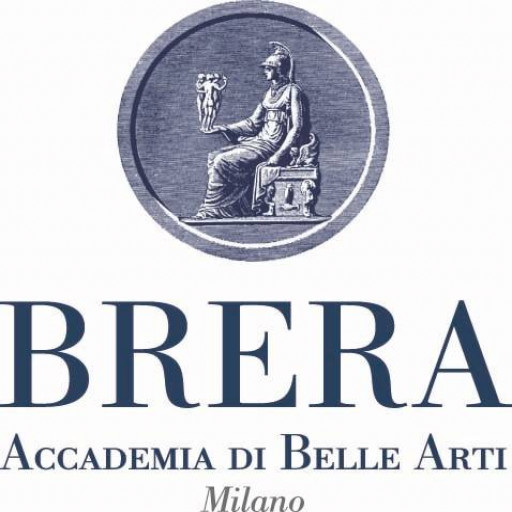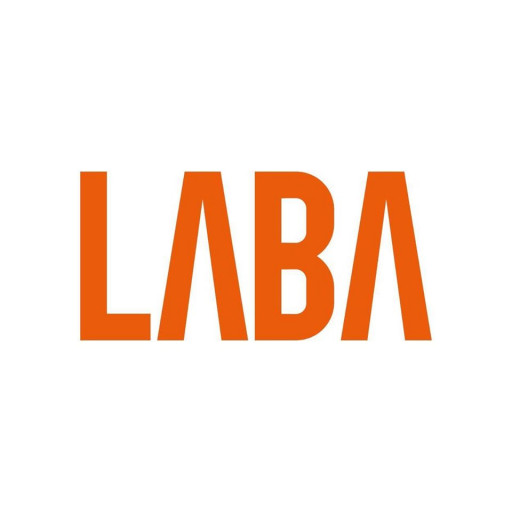Photos of university / #emoryuniversity
The Film and Media Studies program at Emory University offers students a comprehensive and interdisciplinary exploration of cinema, television, digital media, and related visual arts. Designed to foster critical thinking, cultural awareness, and technical understanding, the program provides students with the skills necessary to analyze, interpret, and create media content in a rapidly evolving digital landscape. Through a combination of coursework in film history, theory, production, and media studies, students gain a nuanced understanding of the cultural, political, and historical contexts that shape visual storytelling.
The curriculum includes a diverse array of courses that cover topics such as film genre and analysis, documentary filmmaking, media ethics, digital production techniques, and media critique. Students are encouraged to engage with both classic and contemporary works, fostering a deep appreciation for the art and impact of visual media across different periods and cultures. Emory’s program emphasizes hands-on experience, offering opportunities for students to develop their own media projects using state-of-the-art equipment and editing software. Additionally, partnerships with local media organizations and film festivals provide practical avenues for internships and real-world exposure.
Faculty members are distinguished scholars and industry professionals dedicated to mentoring students and advancing research in film and media studies. The program also emphasizes interdisciplinary approaches, integrating perspectives from history, psychology, communication, and cultural studies to enrich students' understanding of media’s role in society. Graduates of the program are well-prepared for careers in media production, broadcasting, film criticism, academic research, and other fields related to visual storytelling and digital media. Emory’s Film and Media Studies program aims to cultivate knowledgeable, innovative, and ethically-minded media practitioners who can critically analyze and thoughtfully contribute to the dynamic world of visual media.
Coursework
Eight courses are required. FILM 500: Introduction to Graduate Film and Media Studies is required of all entering students. Five must be taken in our core seminars-Authorship, Genre/Criticism, History/National Cinemas, Theory, and Methods in Film and Media Studies. The subject matter for each of these seminars grows out of the instructors' and students' interests. Students may also require some leveling coursework (in, for example, Classical and Contemporary Film Theory).
Thesis
The MA degree culminates in the writing and oral defense of a thesis. The thesis demonstrates the ability to formulate and address an original research question in discipline-specific language. It should display in-depth knowledge of at least one area of expertise; it must also indicate broad familiarity with the methods and discourse of film and media studies-primarily by showing how it is in dialogue with other work in the field and making the case for its own relevance. Each thesis has three faculty readers, one of whom can be from a department other than Film and Media Studies.
Courses
The five core graduate seminars (all of which feature rotating topics) for the M.A. are:
- FILM501: Seminar in Authorship
- FILM502: Seminar in Genre/Criticism
- FILM503: Seminar in History/National Cinemas
- FILM 504: Seminar in Film Theory
- FILM 506: Methods in Film and Media Studies
In addition, M.A. students are required to enroll in the following:
- FILM 500: Introduction to Graduate Film and Media Studies (in their first semester)
- FILM 598: Graduate Colloquium (in all four semesters)
- FILM 599: Master's Thesis (in the spring of their second year)
In addition, students may enroll in any of the following courses offered during their matriculation:
- FILM 401: Film and Media Criticism
- FILM 402: Scriptwriting
- FILM 403: The Biz
- FILM 404: Women in Film and Media
- FILM 405: Experimental/Avant Garde Cinema
- FILM 407: Content Creation
- FILM 500: Introduction to Graduate Film Studies
- FILM 573: Special Topics in Film Studies
- FILM 581: Classical Film Theory
- FILM 582: Contemporary Film and Media Theory
- FILM 589: Special Topics in Media
- FILM 591: Studies in Major Figures
- FILM 592: Studies in Film Genres
- FILM 593: Non-Fiction Film
- FILM 595: Studies in National Cinemas
- FILM 597: Directed Study
- Transcripts
- GRE Scores
- Statement of Purpose
- Resume/CV
- Three Letters of Recommendation
- $75 Application Fee
- If your native language is not English, you must show evidence of command of the English language. To determine what you need to do, visit the website of the program you are applying to. Generally, programs require the Test of English as a Foreign Language (TOEFL) or an evaluation of a writing sample.
- Transcripts that are not in English must be translated and notarized. Please scan both the original and the translated versions, and submit them together as one file using the online application.
- You will need a visa. Until you have accepted an offer of admission, you do not need to take any action concerning a visa. In fact, the process cannot begin, since an accepted offer of admission is an essential part of the visa documentation.
- If your first language is not English, you will need to participate in English Language Support Program testing. The testing happens in August, right before classes begin, and new students are notified early in the summer.
Scholarships
Financial aid in the form of partial tuition waivers is available to M.A. candidates who study on campus.
The Department of Film and Media Studies at Emory University offers a comprehensive program designed to provide students with a deep understanding of the history, theory, criticism, and production of film and media. The curriculum typically encompasses both theoretical coursework and practical experience, enabling students to explore various aspects of film and media from multiple perspectives. Students are encouraged to analyze films within cultural and historical contexts, develop critical thinking skills, and gain hands-on experience in media production. The program often includes courses in film history, media theory, screenwriting, directing, editing, and digital media technologies. Emory's location in Atlanta offers students unique opportunities to engage with a vibrant media industry ecosystem, including access to local film festivals, production companies, and media arts organizations. The program aims to prepare students for diverse careers in media production, criticism, curation, and academia. Students may have opportunities to participate in internships, film festivals, and research projects, fostering industry connections and practical skills. The university emphasizes an interdisciplinary approach, encouraging engagement with related fields such as anthropology, history, literary studies, and sociology to enrich understanding of media’s role in society. Graduates of the program have gone on to successful careers in film production, journalism, media analysis, and academic research. The program's faculty are recognized experts in their fields, contributing to innovative scholarship and industry practices. Overall, the Film and Media Studies program at Emory strives to cultivate informed, creative, and critically engaged media professionals prepared to navigate and shape the future of media in a rapidly changing digital landscape.









